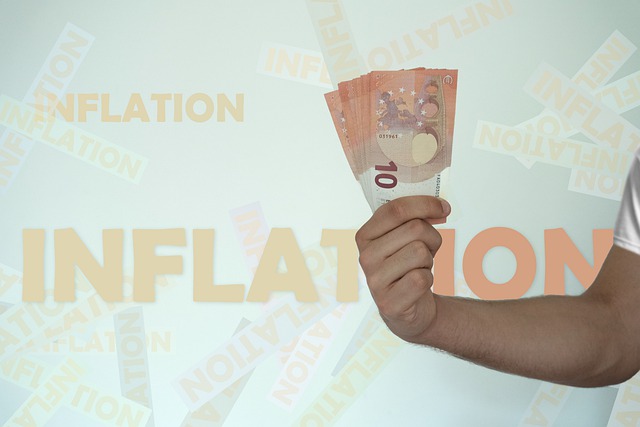On Thursday, the Sejm passed an amendment to the act on corporate income tax, which is aimed at, inter alia, suspension of the minimum tax regulations for two years and extension of the anti-inflationary shield until the end of 2022.
300 deputies voted in favour of the bill, four were against and 144 abstained. Now the Senate will deal with the amendment to the act on corporate income tax and some other acts.
Anti-inflationary shield contains of this
The new legal act i.a. suspends the minimum tax regulations for two years, extends the anti-inflation shield until the end of 2022 and maintains VAT rates at 8 and 23 percent in 2023 and beyond, linking them to defence spending.
During the vote, the deputies rejected the amendments of the opposition, which led to a reduction of VAT rates to 7 and 22 percent. in 2023, or lowering the break-even point at which the application of the minimum tax begins – from 2 percent. written in the project up to 1 percent. The opposition also proposed removing the obligation for fuel or energy sellers to inform them about the fact that tax cuts are being applied as a result of the anti-inflationary shield.
Among the provisions contained in the act are, inter alia, those that extend the operation of the anti-inflation shield from October 31, 2022 to December 31, 2022. maintaining the temporary reduction of VAT rates on: food, motor fuels, natural gas, electricity and heat, fertilisers and other measures supporting agricultural production. The mere maintenance of the reduced VAT rates for the next two months will result in a loss of state budget revenues at the level of PLN 4.8 billion.
The act also contains provisions under which the VAT rate will be maintained at the level of 8% in the next and subsequent years. (reduced rate) and 23 percent. (basic rate). The amount of VAT rates will depend on the level of defence expenditure, both in the budget and in the plan for the Armed Forces Support Fund. The rates will be maintained as long as total defence spending remains above 3% GDP.
The most important modifications provided for in the act also include changes in regulations and postponing the entry into force of the regulations on the minimum income tax (suspension for the years 2022-2023) with the simultaneous change of the break-even point at which the minimum tax is applied, repeal of the regulations on the so-called hidden dividend and the change in the provisions on the documentation obligation in the scope of the so-called indirect transactions of paradise, as well as those relating to the Polish holding company (PSH).
The act also changes the provisions on taxation with tax on shifted income, alleviates the issue of accounting for debt financing costs in tax costs, and improves the regulations on lump-sum taxation on company income (the so-called Estonian CIT).
If energy prices are high, the government will probably decide to extend the anti-inflationary shield for a quarter or two – said Paweł Borys, president of the Polish Development Fund, in Polsat News.
“The budget for next year is not assumed (anti-inflationary shield – PAP), but it seems that if energy prices are high (…) the government will continue its policy to maximally cushion this increase in prices for households, so it is likely will decide to extend the shield for a quarter or two – until the situation stabilises and the price of fuel or heat is permanently reduced, “said Borys in Polsat News when asked about the possibility of extending the shield next year.
Act on corporate income tax
On Thursday, the Sejm passed an amendment to the act on corporate income tax, which aims, inter alia, at suspension of the minimum tax regulations for two years and extension of the anti-inflationary shield until the end of 2022.
The president of PFR was also asked about inflation expectations.“The peak of inflation was expected in July (…), but the prices of fuel and housing maintenance increased inflation again in August. Today, the forecasts indicate that inflation is very close to its peak. (…) I assume such a scenario – assuming the extension of anti-inflation shields, inflation should slow down significantly from the second quarter of next year “- assessed Borys.
Source: Bankier

























